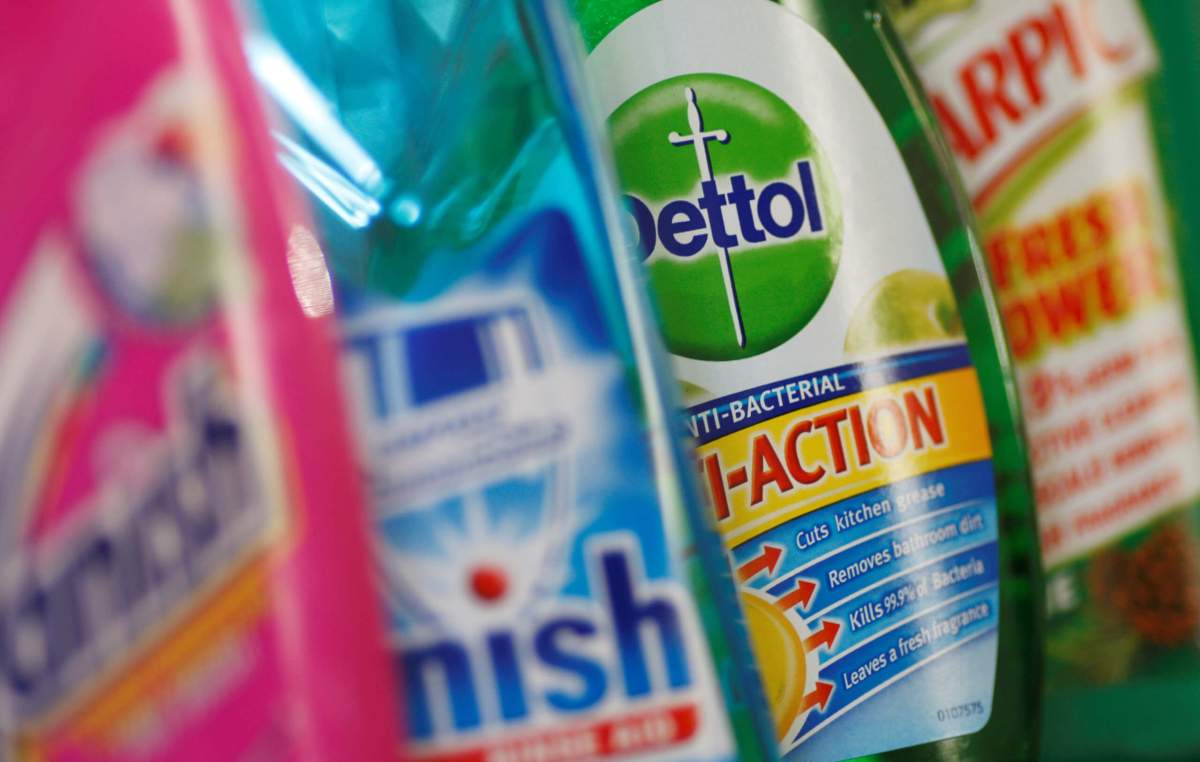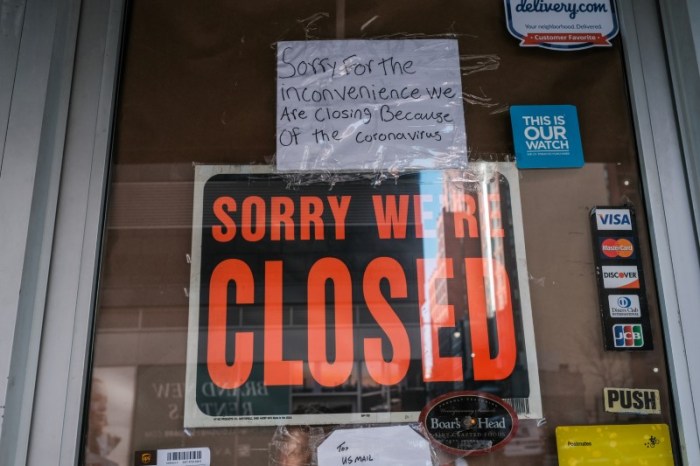By Uday Sampath, Reuters
Consumers have been snapping up everything from disinfectant wipes and robot vacuum cleaners to Barbie dolls and motorhomes over the last few months as the COVID-19 pandemic drags on and radically changes shopping habits.
Quarterly results from consumer products giants Procter & Gamble Co and Reckitt Benkiser this week showed demand for cleaning products, detergents and soaps remained robust, helping the companies beat sales expectations and lift their annual forecasts.
While consumers have been scrambling to get their hands on anything that could potentially slow the spread of the new coronavirus, they have also been spending on items that make living in the pandemic more manageable and comfortable.
iRobot Corp, the maker of Roomba autonomous vacuum cleaners, reported a 43% surge in quarterly revenue this week.
“Customers are prioritizing essentials that address safety and hygiene, as well as purchases that enhance life at home,” Daniel Binder, partner at Columbus Consulting, said.
Shoppers are also buying more toys to keep their children entertained. Mattel Inc’s Barbie dolls raked in over half-a-billion dollars in sales in the third quarter – the brand’s highest quarterly sales since 2003.
Americans eager to travel, but wary of hotels, restaurants and airplanes, are also spending on motorhomes. Recreational vehicle maker Winnebago Industries saw its revenue jump nearly 40% in the June-August quarter.
Mattel and P&G still expect demand growth in the holiday season, but concerns remain over the state of the U.S. economy and if Congress can pass another round of fiscal stimulus.
“Shoppers have been funding big-ticket purchases such as robot vacuums, home appliances and recreational homes with their vacation and entertainment budgets,” said Amar Singh, principal analyst at Kantar Consulting.
“However, these purchases will likely decline over the winter after government stimulus funds dries up and with the jobless rate still very high.”




































